Understanding of the world
The EYFS framework is structured very differently to the national curriculum as it is organised across seven areas of learning rather than subject areas. Children in the early years develop an understanding of the world they live in by being exposed to new experiences and developing a sense of self.
Children need to understand themselves and their own families first. They do this by talking about their families and listening to others. They look at photographs and listen to stories about different families and traditions. Children then start to think about and understand the roles of other people in their lives such as friends, neighbours, teachers, doctors and dentists.
We start the year by getting to know all the children in our class, where they live, and who they live with. We then have a walk around the school to find out where things are and meet some important people such as the Head teacher and the caretaker. We explore our amazing outdoor spaces around school including the pond and the woodland area.
The children have access to our outdoor space all day, every day no matter what the weather is. Children have hands on experience to develop an awareness of weather and seasonal changes by being outdoors. They’re able to explore frost, ice, snow and rain to develop their understanding of states of matter.
Throughout the year we share stories, non-fiction texts, rhymes and poems about families, people who help us, friends, seasons, homes and places around the world. “Listening to a broad selection of stories, non-fiction, rhymes and poems will foster their understanding of our culturally, socially, technologically and ecologically diverse world. As well as building important knowledge, this extends their familiarity with words that support understanding across domains. Enriching and widening children’s vocabulary will support later reading comprehension.” Early year’s statutory framework 2021
